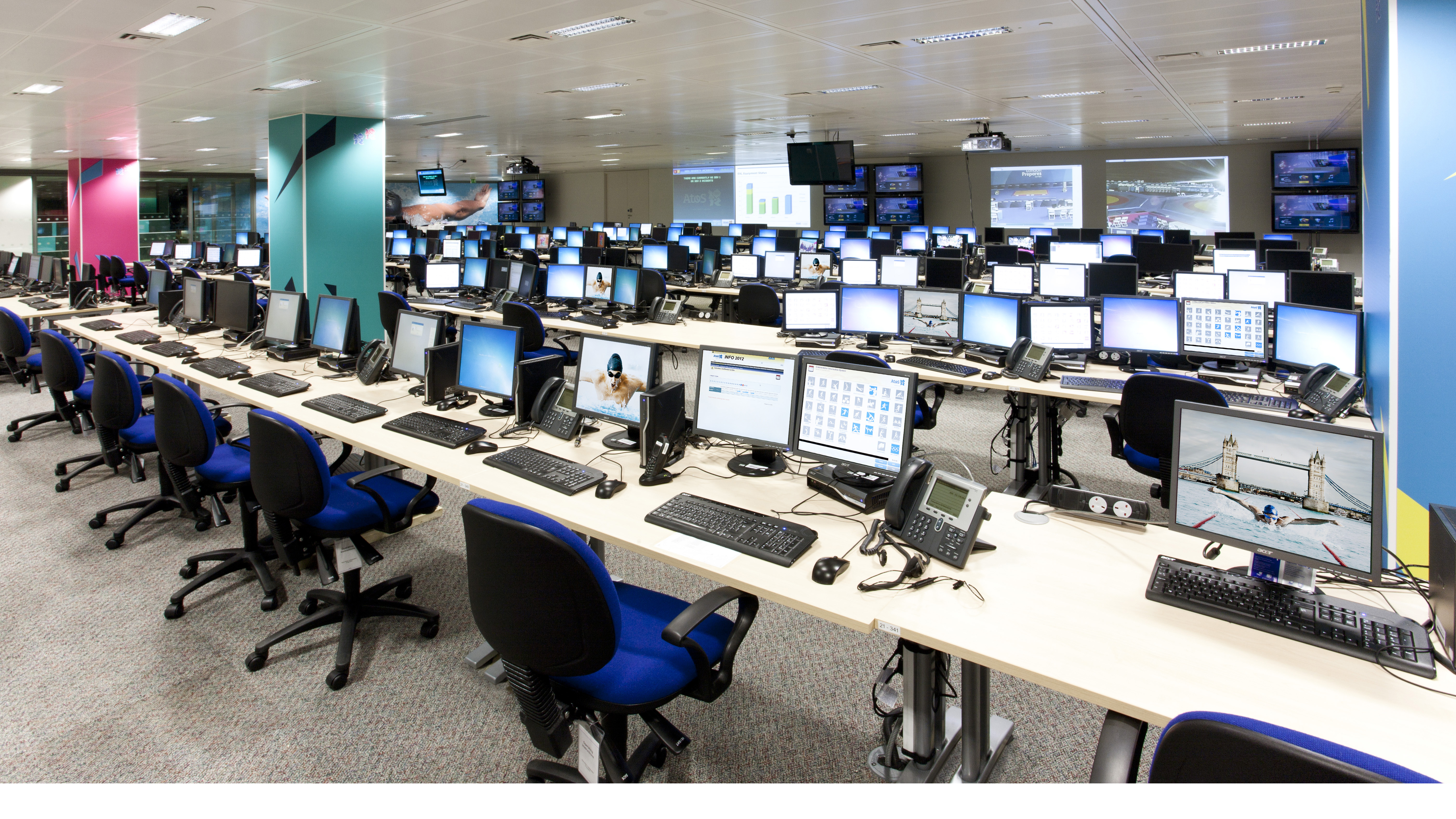Could the UK lead the world's new digital economy?
Samsung Towards a Smarter Society report: Part 1

The digital opportunity is simply enormous. Global social and economic systems are being re-configured at an incredible rate. Connectivity is increasingly reshaping our world and in many ways is redefining the way we work, live and play.
It takes some effort to find many corners of the world today not touched by the internet. Newly released figures from the United Nations International Telecommunications Union show that the uptrend on internet penetration and mobile phone use will continue.
Digital networks are now reaching far beyond our computers and handheld devices at a rapidly increasing rate. This agenda is about the development of a digitally linked network of objects sharing information. Gartner estimates that by 2020 we will have 26 billion devices connected to the internet excluding PCs, smartphones and tablets. ABI Research suggests that this figure could be in excess of 30 billion.
" …In the past 8 to 10 months we have seen the same amount of data on our UK networks as we saw delivered between 2000 and 2010." Mike Short, Telefonica.
This shift reaches far beyond technology. Its economic impact is almost too significant to quantify. Many have attempted to measure the value of the digital economy and estimates vary depending on what is being measured. Booz & Co data shows that the connected digital economy contributed £860bn to world GDP between 2007 and 2012.
UK at forefront of change
But digital, data and connectivity are much more than a market. It is best thought of as a general purpose technology. As outlined throughout this report series, they are things which are impacting on and changing every industry and every occupation and are likely to be the biggest source of economic growth over the next decade or so.
In many ways it appears that the UK is at the forefront of this change and is exploiting these opportunities to improve people's lives. Our panellists were clear that the UK is becoming smarter. Some contended that we had become a digital society and that we were now in the process of trying to convert that into a smart society.
Are you a pro? Subscribe to our newsletter
Sign up to the TechRadar Pro newsletter to get all the top news, opinion, features and guidance your business needs to succeed!
The UK is already the most internet-based economy of the G20[1]. This is a great starting point for embracing the next generation of digital technologies. It shows that our population is perhaps more willing than anywhere else in the world to explore the possibilities and embrace the benefits associated with digital technologies.
Our research also identified a further set of drivers underpinning the UK's strengths as a smart society. These revolve around our status as a hub for ideas.
Collaboration a British strength
Many panellists identified the UK's creativity as a driver of our success. Design and design thinking were identified as core commodities for the smart society. As a global design hub and a leading location for related creative industries, the UK has an opportunity to be a leader here.
Our deep institutional architecture for knowledge sharing was also identified by the panel as a key UK asset for the smart society. Academic-industry relationships have been invested in strongly and exist at depth.
As with any area there is always room for improvement, but recent research from the Big Innovation Centre confirms that university-business collaboration is a key UK strength[2]. The UK was also identified by panellists as having a culture for multi-disciplinary working which is truly enabling of collaborations.
"….The UK's strength is in joining things up in smart ways." Martin Hall, Vice-Chancellor of Salford University.
This was identified as key for exploiting a smart agenda which is cutting across such a diverse range of areas. Smart appears to be equally important for the future of motorsport, advertising and healthcare. This means that suddenly there are many more lessons to be learnt from looking across different domains of live.
A changing world
In looking at the smart society this project focuses on the impact that the changes associated with digital advance are actually having on people's lives. We explore how digital technologies are changing how we live, work and play.
Emphasising the point, a recent study found that 17% of UK residents would be more willing to give up showering than using the internet for a year[3].
"We are on the right track, as the UK is very well positioned. We have a cosmopolitan society, we are strategically located between the East and the West, and we have a strong heritage in science and technology, as well as a diverse and creative economy." Roland Harwood, 100% Open.
- Working on the Towards a Smarter Society report in partnership with Samsung UK, Charles Levy is a Senior Economist at The Work Foundation and David Wong a Researcher at the Big Innovation Centre. Follow the links for Part 2, Part 3, Part 4, Part 5, Part 6 and Part 7.
References: [1] BCG (2012), The Internet Economy in the G20, Boston Consulting Group. [2] Andersen, B. DeSilva, M. and Levy, C. (2013), Collaborate to innovate, Big Innovation Centre. [3] 2. BCG (2012), The Internet Economy in the G20, Boston Consulting Group